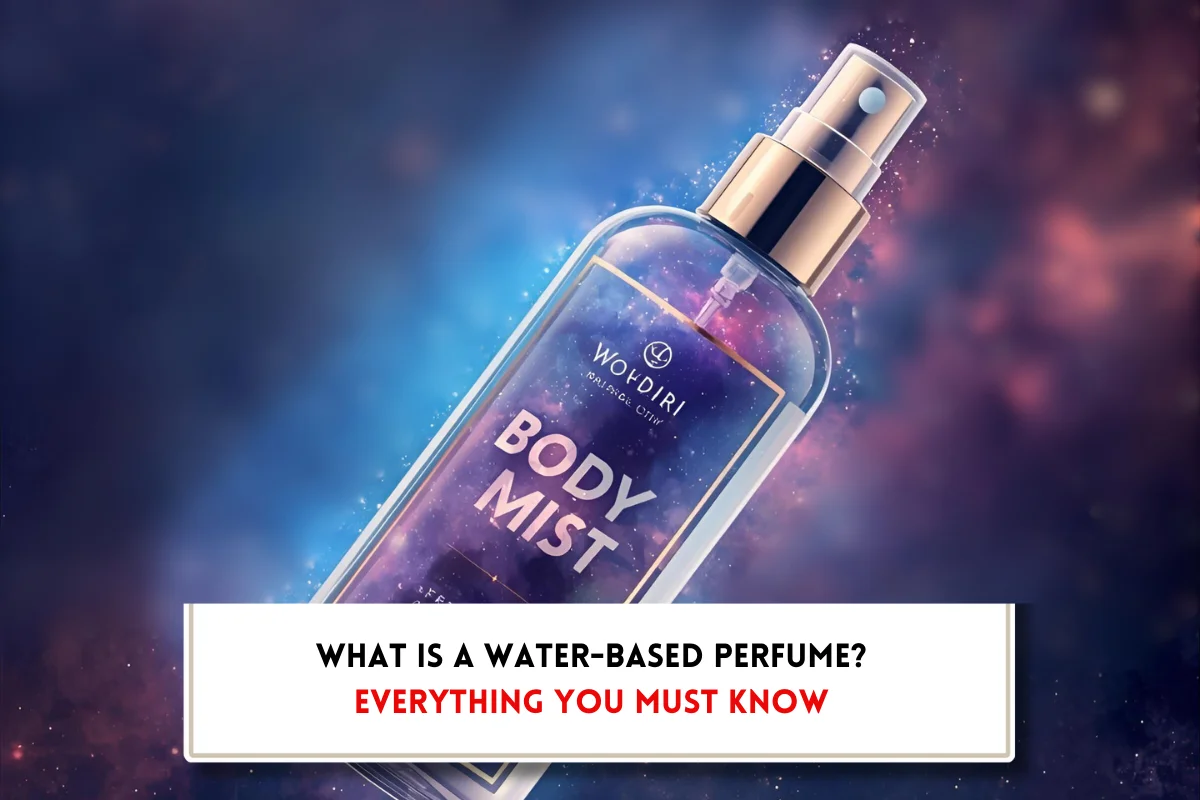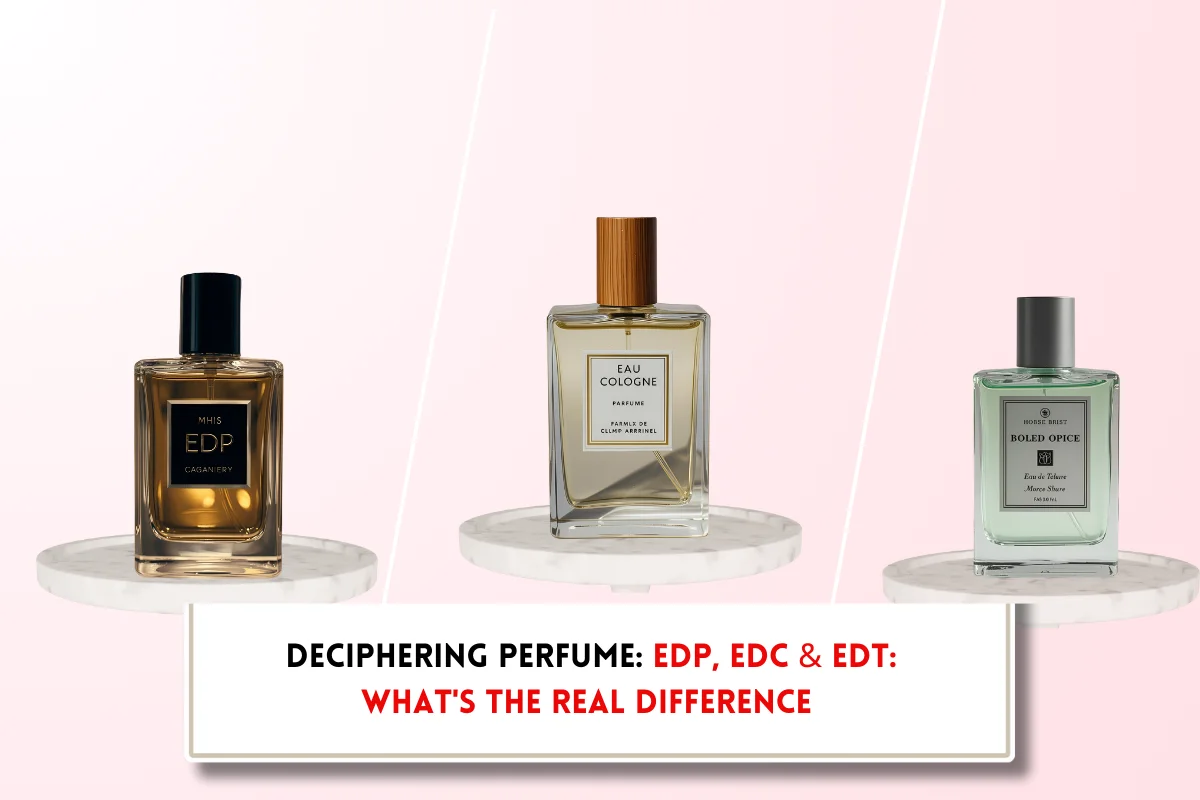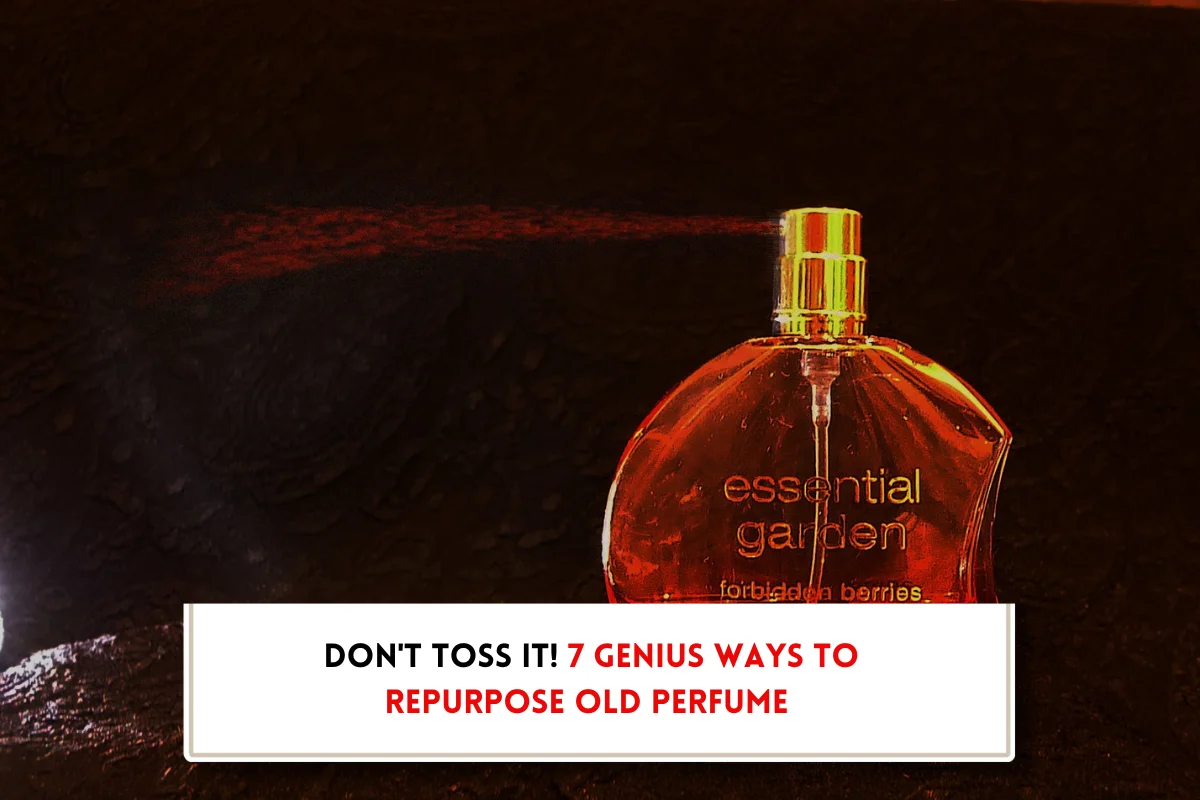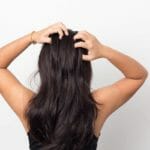Straight or curly? Know which type of hair lends itself to adding fantasy color?
At BeautyCaters, our expert team independently curates every recommended product. Purchases through our links may earn us a commission. Explore our transparent selection process.
Dreaming to transform your locks into a rocking, vibrant masterpiece? Not all hair types are created equal when it comes to holding and showcasing these bold hues. But that doesn’t mean you can’t embrace the desired fantasy look. Of course, you can; all you need to know is which type of hair lends itself to adding fantasy colors. Beautycaters.com brought the ultimate guide that breaks down the best hair types for fantasy colors and gives you tips on prepping your hair and maintaining the look.
- What factors affect the coloring process?
- What are the different hair types?
- How does porosity impact coloring?
- How to choose the right fantasy color?
- How to take care of hair after dyeing with fantasy color?
- How long does fantasy colors last?
- Final Word: Which type of hair lends itself to adding fantasy colors?

What factors affect the coloring process?
The three important factors that affect the coloring process are:
- Hair type and porosity: The structure and porosity of your hair play a significant role in how it absorbs and retains color. Fine hair, which is generally more porous, tends to absorb color more readily but may also fade faster. Coarse hair, on the other hand, may require longer processing times to achieve desired results.
Hair health: Before entering into vibrant hues, assess the health of your locks. Hair that is damaged or overly processed may not hold color as well or could lead to undesired outcomes. To enhance color uptake and improve overall appearance, consider using moisture-rich treatments, repairing masks, and clarifying shampoos to create a clean slate. Healthy hair will not only absorb the colors better but also showcase their full vibrancy! - Bleached or pre-lightened hair: For individuals with bleached or pre-lightened hair, the cuticle layers are often more open, making the hair more receptive to fantasy colors. This type of hair provides an ideal canvas for vibrant shades, as the lightened base allows the fantasy colors to appear more true to tone. However, it is essential to note that frequent color treatments and bleaching processes can cause significant damage to the hair over time. Proper maintenance and conditioning are crucial to keep the hair in optimal condition while enjoying fantasy colors.
Also Read: What color is 4 in braiding hair?
What are the different hair types?

Each type interacts with hair dye in its own unique way, affecting the end result and maintenance routine. You must know the different hair types and their characteristics to choose the perfect fantasy colors for your hair.
- Straight hair: Straight Hair possesses a smooth surface, which allows it to reflect light better, generating more shine. This straightforward structure often results in a more even distribution of hair dye, making it easier for you to achieve a consistent color. However, straight hair can also create a barrier due to its compact cuticles, potentially limiting how deeply the dye penetrates compared to textured hair types.
- Wavy hair: Hair with a wavy texture is known for its unique combination of movement and body, which allows it to hold fantasy colors effectively. The natural bends and waves create pockets where color can settle, making it easier for you to express your creativity through color while maintaining a sense of softness and fluidity. Wavy hair’s structure allows for a more versatile styling range, making it easier to alternate between vibrant shades and subdued hues. The added texture helps to distribute color more evenly throughout the strands compared to straight hair, offering you a balance of shimmer and flair.
- Curly hair: Hair in its curly form has a distinctive structure that affects its porosity and absorption capacity, which can significantly influence how well fantasy colors take. Besides, the unique curl pattern, the hair’s body and bounce forms base beautiful, dynamic color applications. Curly hair often holds dye less uniformly due to its twisty nature but still boasts vivid colors when properly cared for. However, because of its porosity, curly hair absorbs color rapidly, making it important to monitor your dyeing process closely depending on the desired shade.
- Coily hair: Hair with coily characteristics presents its own set of challenges and benefits when applying fantasy colors. Along with vibrant hues, coily hair can showcase beautiful textures thanks to its unique pattern. However, maintenance is key, as coily hair often requires additional hydration and nourishment to prevent dryness after dye applications. The tight curls are prone to dryness, which affects your hair’s ability to absorb and retain color. Proper moisture and care are vital to achieve the best results, along with mindful application techniques to minimize damage.
| Hair Type | Characteristics |
| Straight Hair | Smooth surface; tends to show shine. |
| Wavy Hair | Texture and movement; easier color installation. |
| Curly Hair | Voluminous; more porous and dry. |
| Coily Hair | Highly textured; may require special care. |
How does porosity impact coloring?

Porosity is a crucial factor in achieving vibrant and long-lasting fantasy colors. Low porosity hair has tightly closed cuticles, making it difficult for moisture and dye to penetrate. In contrast, medium and high porosity hair readily absorbs color, often resulting in more vivid shades but potentially faster fading. Knowing your hair’s porosity will help you choose the right products and techniques for successful coloring.
- Low porosity hair: Low porosity hair has a tightly closed cuticle layer that prevents moisture and dye from easily entering. This can make achieving your desired fantasy color a challenge. To successfully color low-porosity hair, warm up the dye to help with penetration, use a clarifying shampoo before applying color, and opt for protein-free dyes. These strategies can enhance dye absorption and ensure vibrant results.
- Medium porosity hair: Coloring medium and high porosity hair is generally easier, as these types allow for better dye uptake. Medium porosity hair maintains a balance; it absorbs color effectively while also holding onto it for a longer period.
- High porosity hair: Coloring high porosity hair requires specific care to enhance the longevity of your fantasy colors. To maintain vibrant shades, consider using color-safe shampoos and conditioners, applying leave-in treatments, and avoiding excessive heat styling. Regular deep conditioning will also help mitigate damage and keep your hair healthy.
Recognizing your hair’s porosity type allows you to customize your approach to coloring, maximizing your results. By tailoring your routine based on porosity, you can achieve the beautiful, eye-catching colors you desire while keeping your hair healthy and vibrant.
How to choose the right fantasy color?
Unlike natural hair colors, fantasy colors allow you to express your personality and creativity. Choosing the right shade enhances your look and make a statement.
- Hair type: Different hair types favor specific fantasy colors. Fine hair may benefit from lighter shades, while thicker strands can handle more vibrant tones. Understanding your hair’s texture and porosity will help you choose colors that offer the best results. Additionally, some colors may require a higher level of maintenance, so consider how much upkeep you are willing to commit to before making your final selection.
- Skin tone and personal style: Consider your skin tone and personal style when selecting a fantasy color – whether you want to stand out with vivid hues or prefer a more subtle pastel finish. Aim to select a shade that not only suits your hair type but also complements your overall appearance.
- Color wheel basics: Among the fundamentals of color theory, the color wheel plays a significant role in guiding your hair dyeing choices. Complementary colors, which are located opposite each other on the wheel, can create a striking contrast. For example, pairing vibrant blue hair with warm orange undertones can produce a compelling and bold visual effect. Utilize this knowledge to select colors that enhance your natural beauty, leading to a harmonious look.
How to take care of hair after dyeing with fantasy color?
Ensure that your hair is in good condition before undergoing any color treatments. Additionally, using high-quality, nourishing hair products and maintaining a regular deep conditioning routine can help minimize any potential damage.
How long does fantasy colors last?
One of the challenges of fantasy hair colors is their longevity and how they fade over time. Depending on your hair type and the specific color used, fantasy colors may fade more quickly, leading to frequent touch-ups. Additionally, certain hair types may have trouble holding onto the color, requiring more maintenance to keep it looking vibrant. It’s important to understand the potential for fading and the level of upkeep required to maintain your fantasy hair color.

Final Word: Which type of hair lends itself to adding fantasy colors?
So, which hair type is best for rocking those vibrant fantasy colors? The answer is: it depends! While some hair types may hold color better than others, with the right care and techniques, you can achieve stunning results on almost any hair texture. Experiment, have fun, and embrace your unique style!










